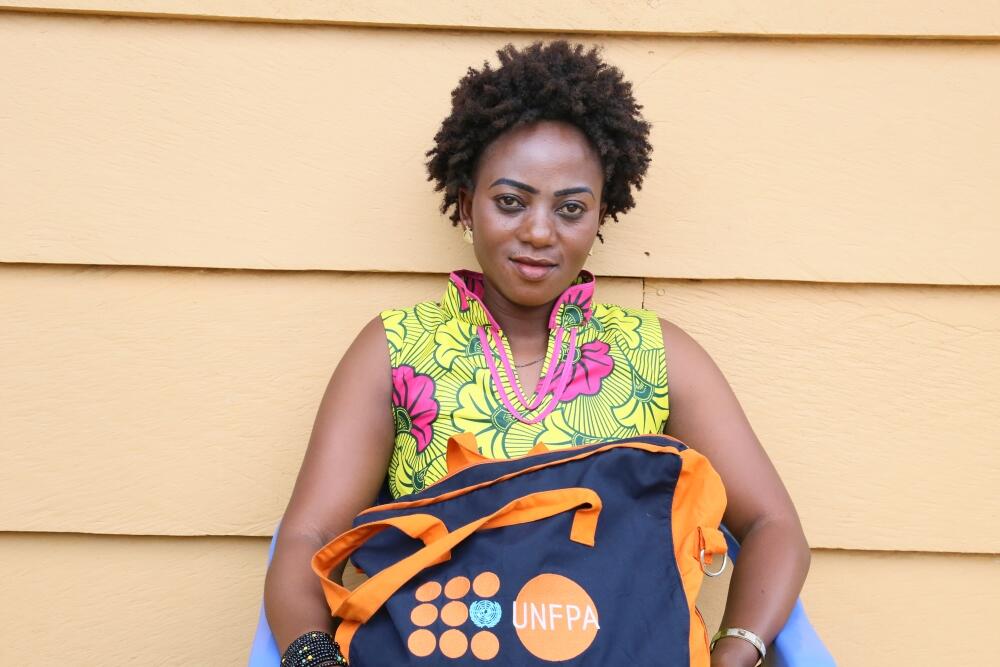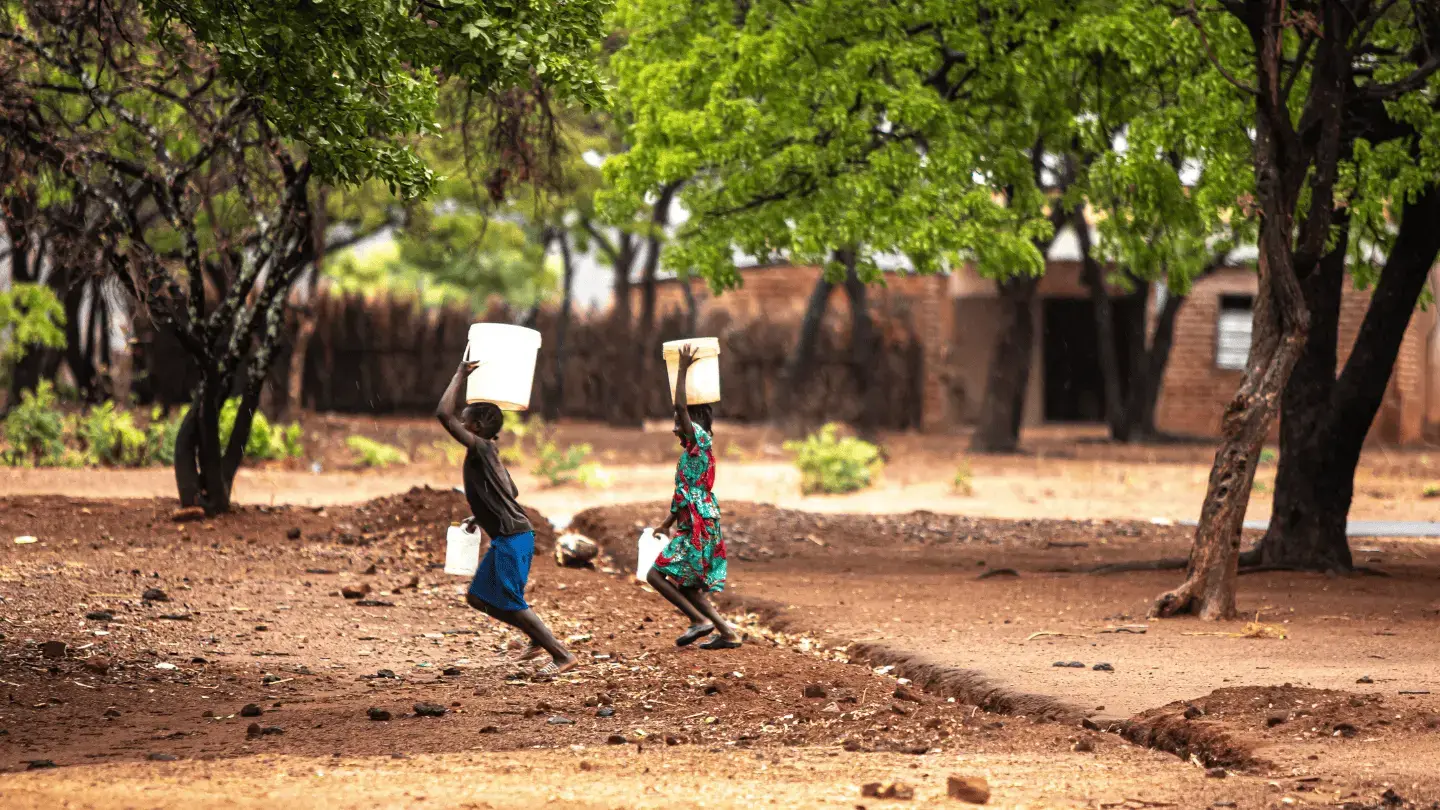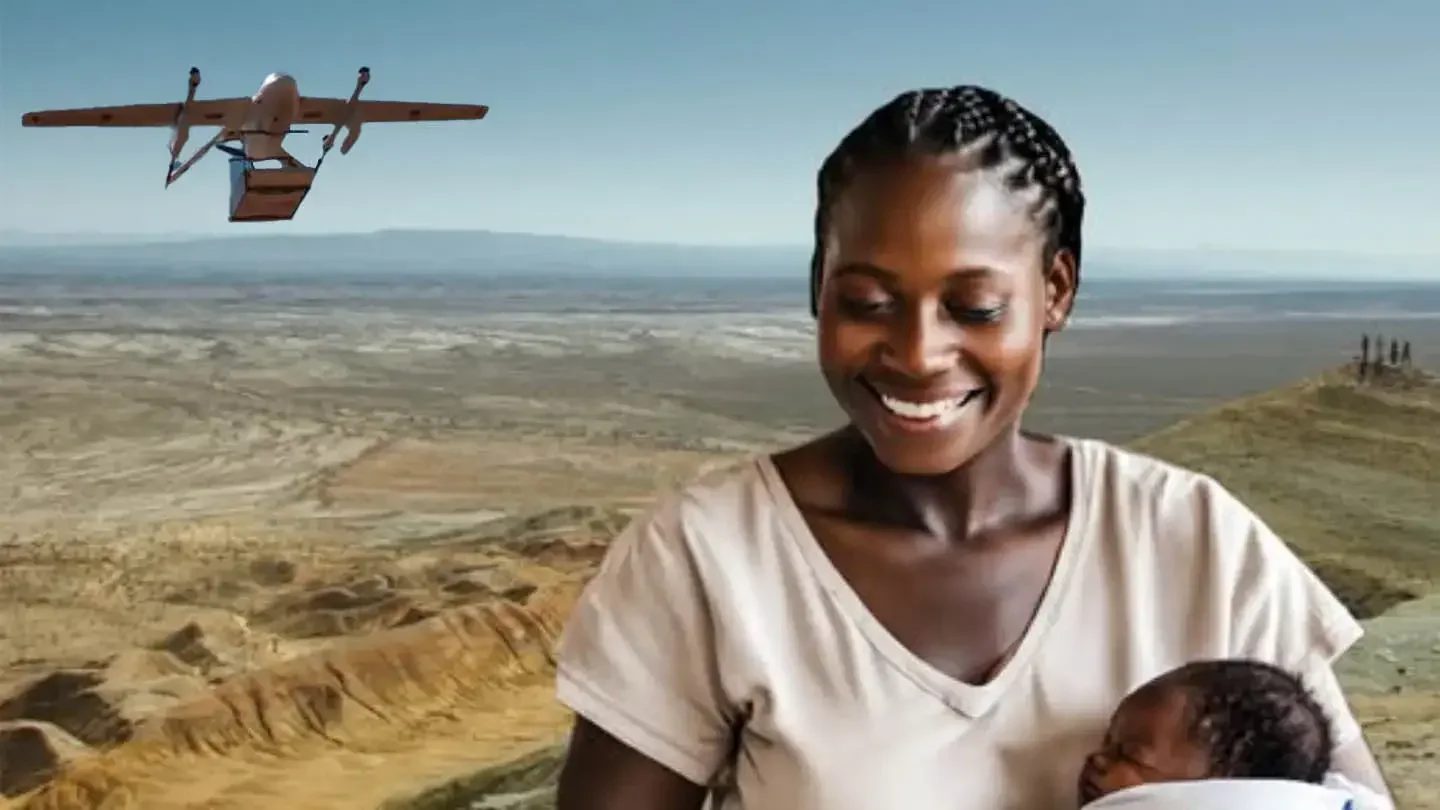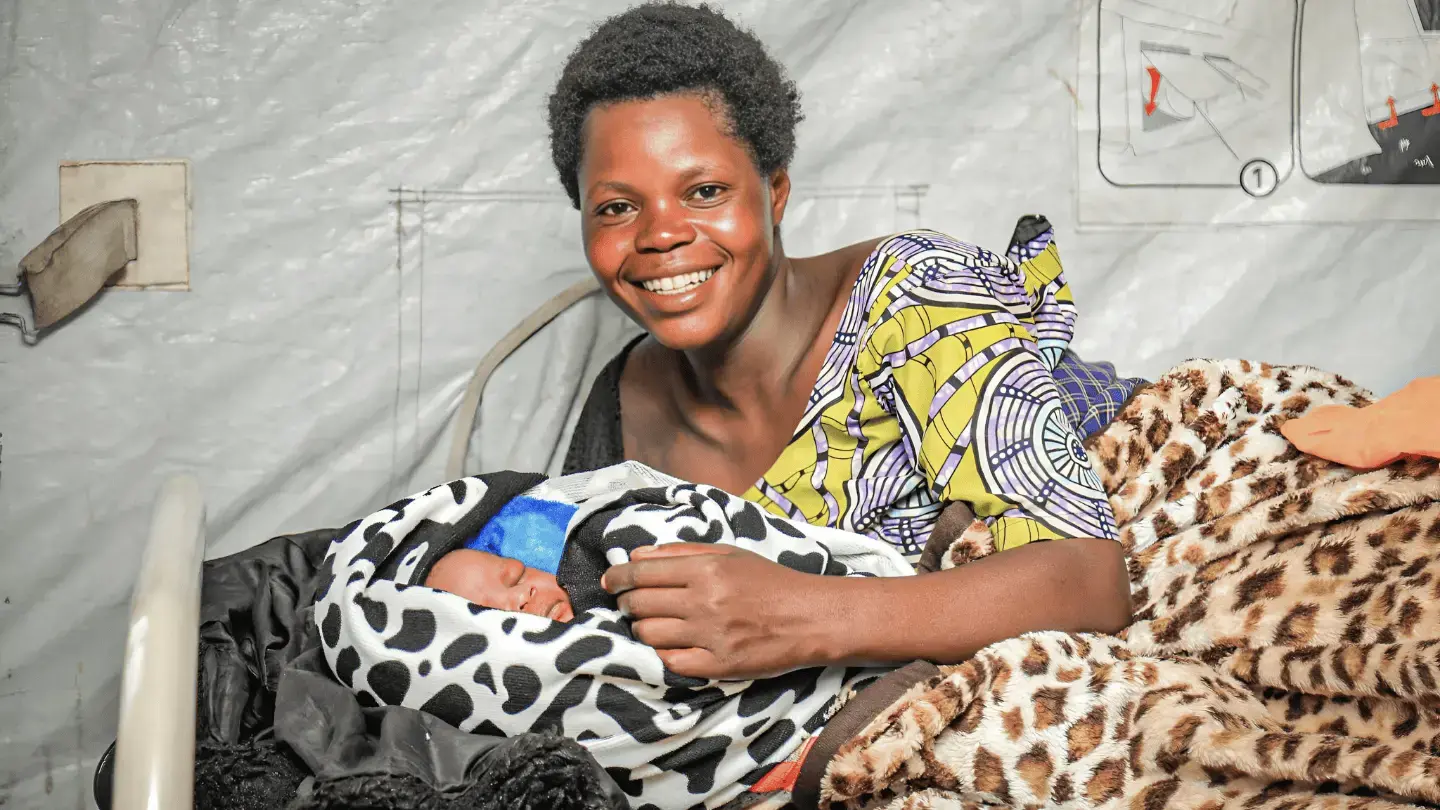BENI, Democratic Republic of the Congo—When Jémima Masika, 26, lost her parents to the deadly Ebola virus in August last year, she thought the disease was a myth. Then her worst nightmare came true: she contracted the disease while taking care of her sick aunt in hospital.
"I did not believe in the existence of Ebola,” she says. “Like many, I took the disease for a [story] made up by politicians."
This was the tenth outbreak of the highly contagious virus in the DRC, reported in August last year. But it was the first time that the densely populated province of North Kivu, an active conflict zone, was affected.
I was helping my aunt and she was vomiting a lot. I had to clean after her several times. Then I began to feel unwell.
"I was helping my aunt and she was vomiting a lot. I had to clean after her several times. Then [some time] after, I began to feel unwell. I was having the same clinical signs as the ones that my aunt had," explains Ms. Masika.
When Ebola strikes a conflict zone
Since August 2018, more than 820 people have been infected and of these, 513 have died. Women and girls have been hit the hardest, accounting for 65 per cent of those infected. As traditional caretakers for the sick, women are often at increased risk of exposure.
But Ebola's impact goes beyond those infected. Strained health-care systems have left many without access to life-saving services, including sexual and reproductive health care. Instability in the region is also impeding response efforts, presenting a considerable risk to humanitarian teams mobilizing to stem the epidemic.
We are delivering a comprehensive response to the Ebola epidemic that includes essential information for preventing and controlling the disease.
“We are delivering a comprehensive response to the Ebola epidemic that includes outreach to provide communities with essential information for preventing and controlling the disease,” said Sennen Hounton, UNFPA Representative for the DRC.
Since the outbreak began, UNFPA has been working with its partners to prevent the spread of the virus and ensure that sexual and reproductive health services remain available.
We were told about Ebola and what to do if you were feeling certain symptoms. So as a precaution, I went to the Ebola Treatment Centre.
I was told I was positive
"We were told about Ebola and what to do if you were feeling certain symptoms. So as a precaution, I went to the Ebola Treatment Centre,” says Ms. Masika. “I was examined and the result was positive."
Ms. Masika was admitted at the treatment centre, where she remained bedridden for a month.
“I was so afraid to die and be put in a body bag, just like my parents,” she said sadly.
But within a month, after receiving 30 perfusions and several blood tests, Ms. Masika was declared cured and was pleased she could rejoin her community.
UNFPA donates vital equipment to fight spread of Ebola
In September last year, UNFPA donated 10 tons of medico-surgical equipment intended for 20 health facilities in Beni, for assisting 31,000 people for 6 months, and allowing women to give birth in maternity hospitals without risk of contracting the disease.
UNFPA is also helping midwives exercise precaution when tending to mothers and their newborns.
Ensuring that services such as these remain available saves women’s lives, and those who become infected with the virus are extremely grateful for the support.
I felt so grateful for the services and the care that I received in the hospital. Nurses and doctors were battling to save my life.
“I felt so grateful for the services and the care that I received in the hospital. Nurses and doctors were battling to save my life, and it was free of charge,” says Ms. Masika.
But once she had been declared cured of the virus and was discharged, she faced new challenges.
“I found out that my family had given away all my belongings, as they thought I was not going to recover,” she recounts.
UNFPA came to her assistance. The Fund provides dignity kits to women and girls who have survived Ebola, upon their return into their communities, so that they can get some comfort after a long period of sickness. And crucially, UNFPA ensures that they have access to reproductive health services, including family planning.
“I thank UNFPA, which assisted me by handing me a dignity kit. As a cure for Ebola, I have committed myself to help others by sensitizing them on how they can observe the rules of hygiene, in particular by washing their hands to protect themselves against the disease,” says Ms. Masika.
She has since become one of the icons of her community, known for its spirit of resilience.
Supporting communities to prevent Ebola
UNFPA has also provided more than 50 motorcycles as well as software tools to support monitoring and follow-up of contacts in Komanda Health Zone, Ituri.
Since the beginning of an Ebola vaccination campaign in August last year, more than 75,000 people have been vaccinated, of which more than 20,000 were residents of Beni. UNFPA provided critical supplies for this campaign, including 10,000 vaccination syringes, to strengthen control measures and fortify water, sanitation and hygiene services in health facilities and communities.
UNFPA also sponsored a football tournament, theatrical activities and an awareness walk by more than 1,000 students in support to the Ministry of Health campaign, “Ebola not at home”.
We stay committed to continue to deliver life-saving health services, to ensure women and young people are not left behind during this crisis.
“We stay committed to continue to deliver life-saving health services, to ensure women and young people are not left behind during this crisis,” says Mr. Hounton.
- Aimee Manimani with input from Brigitte Kiaku





